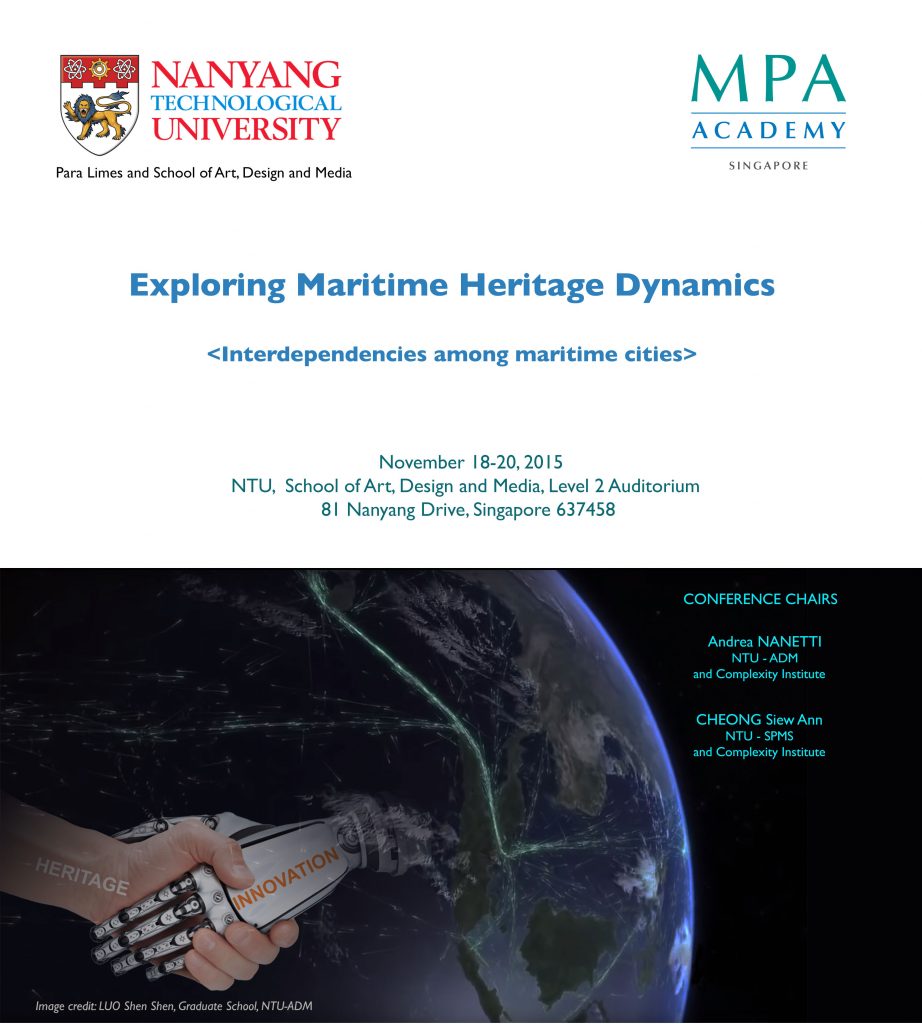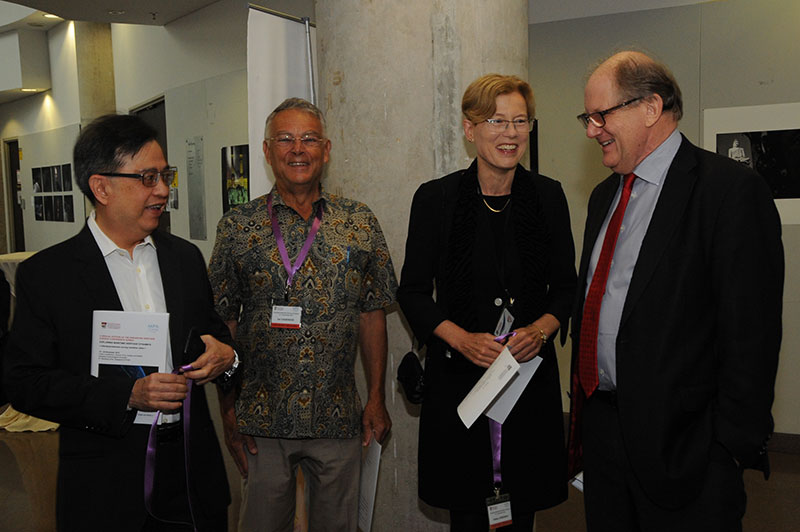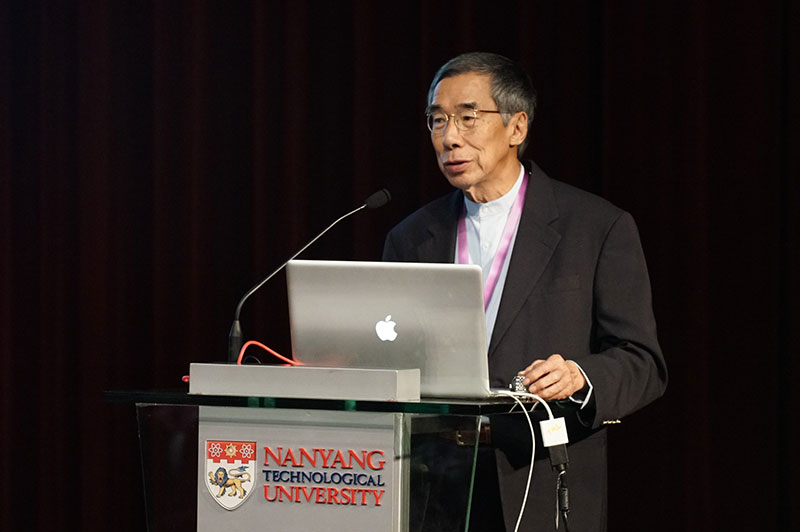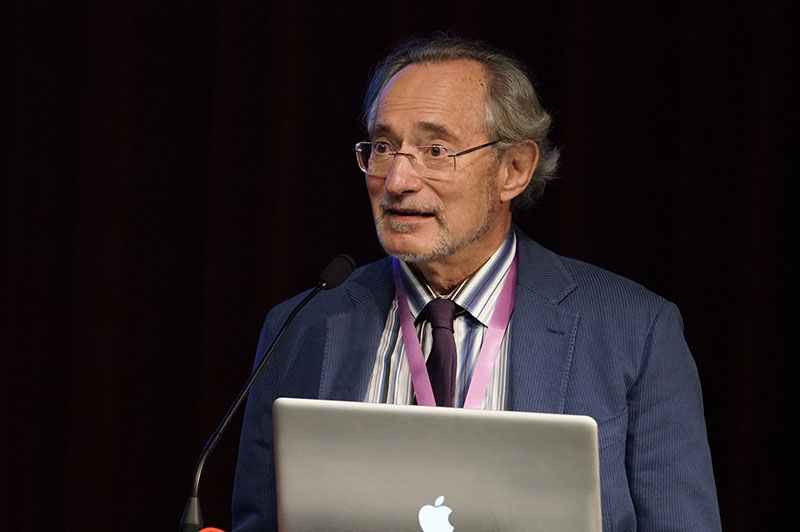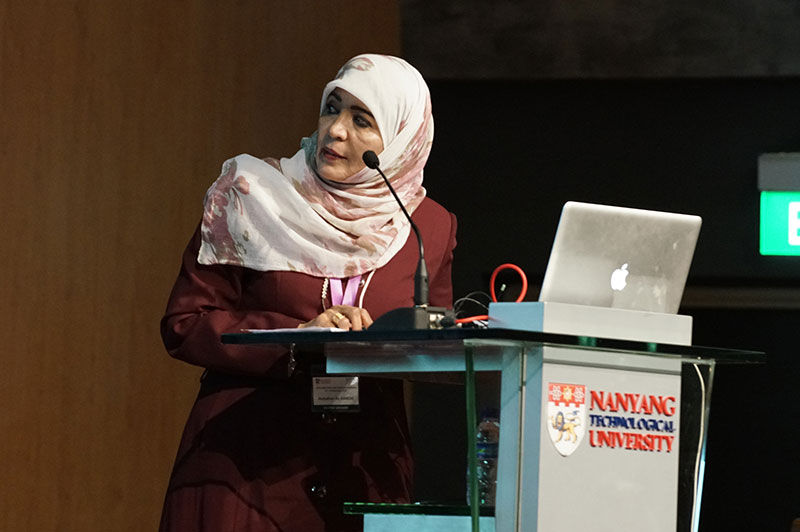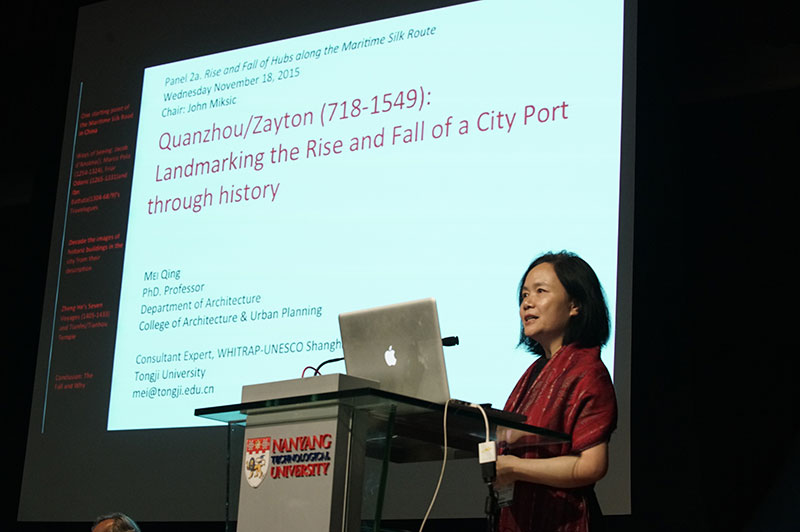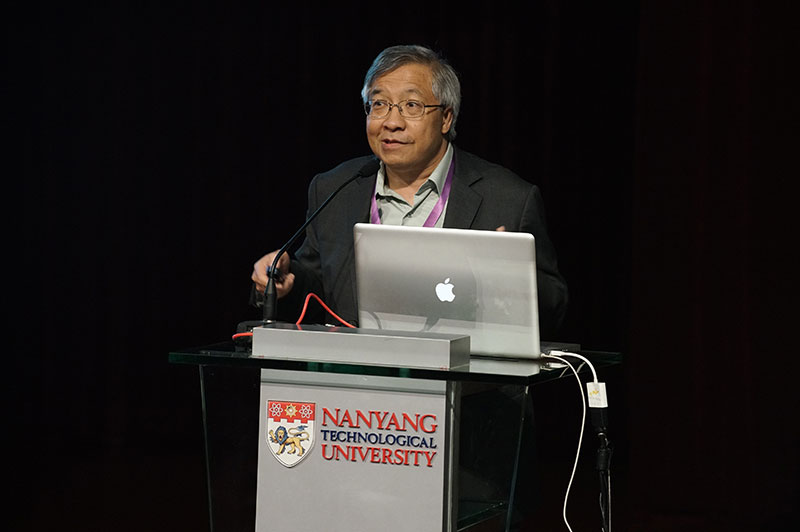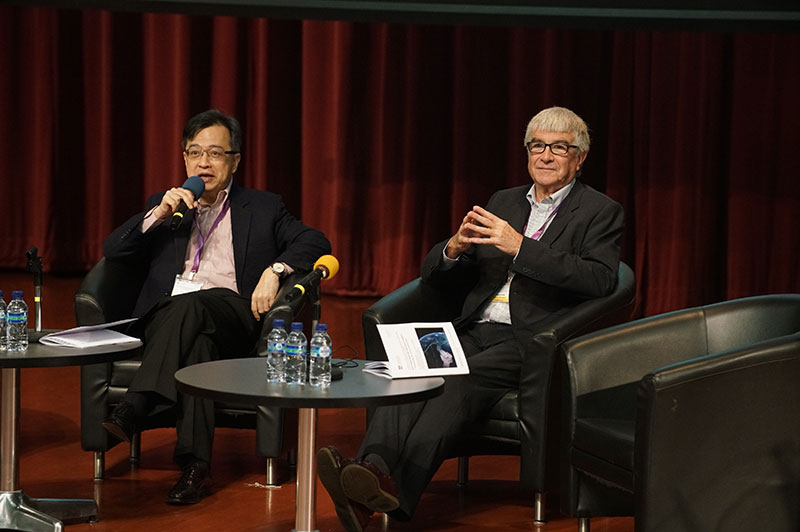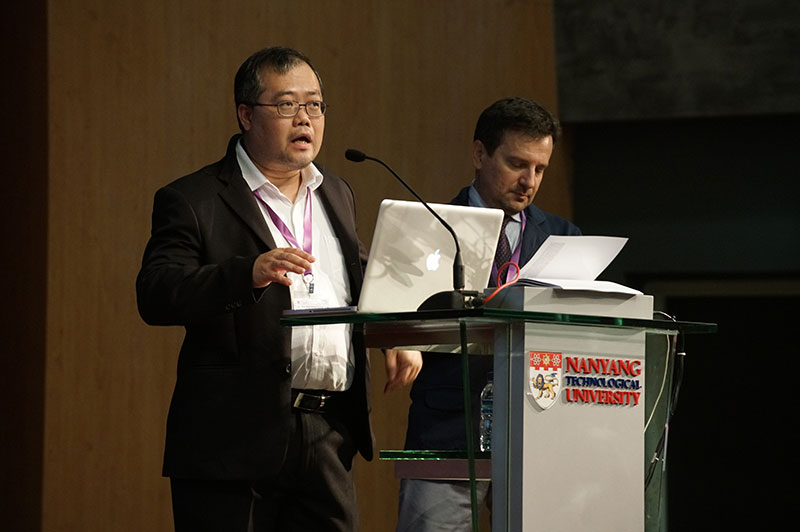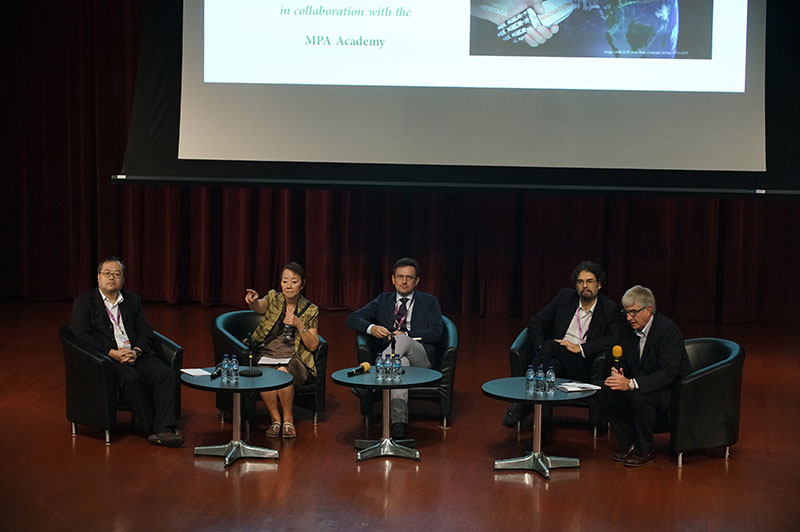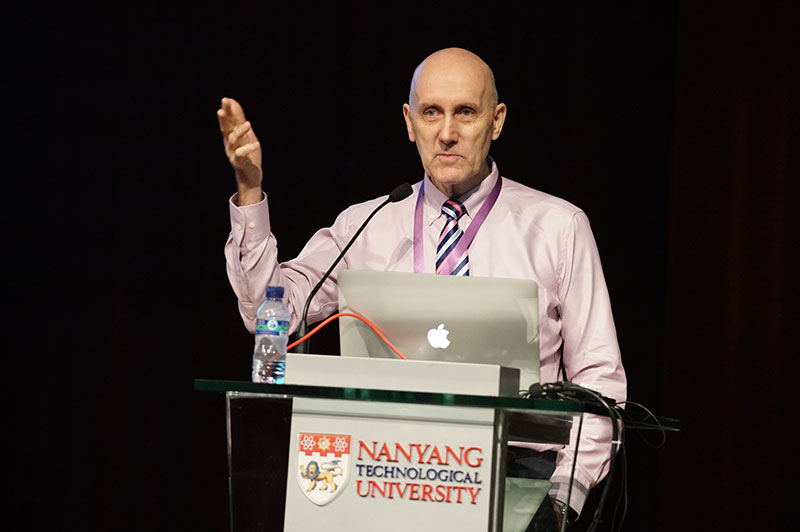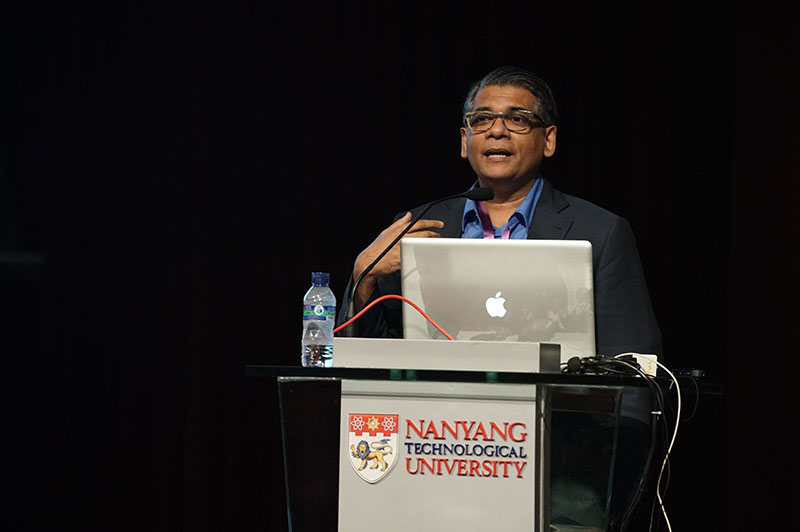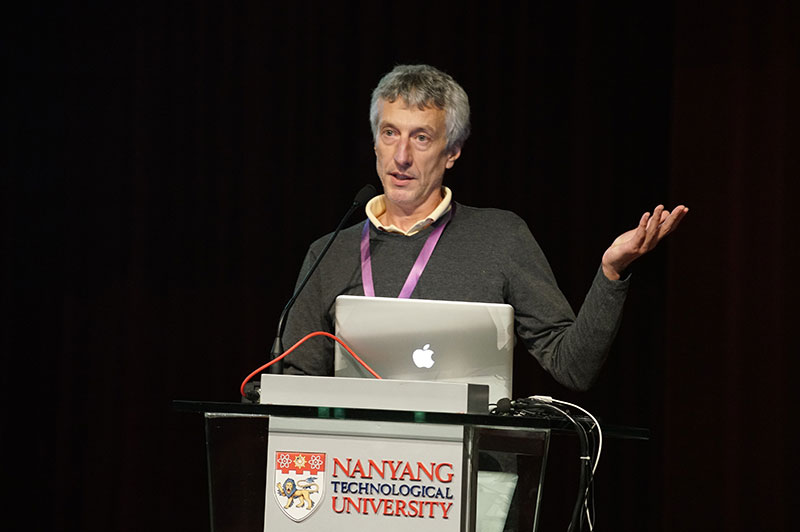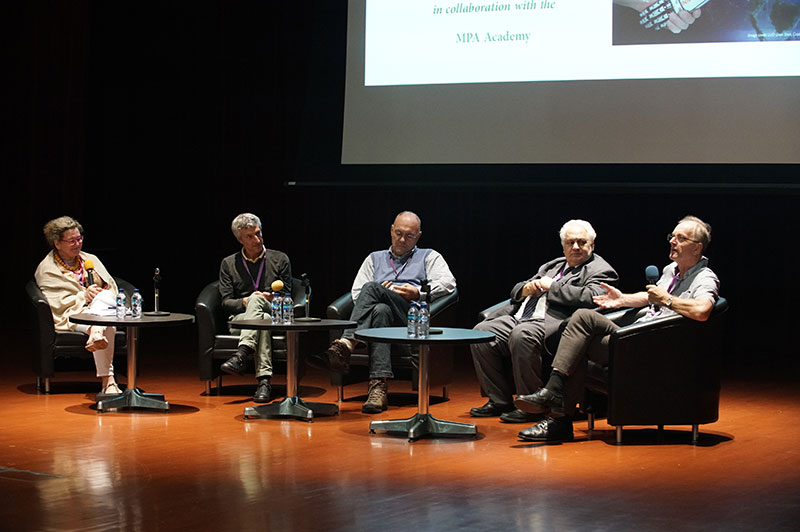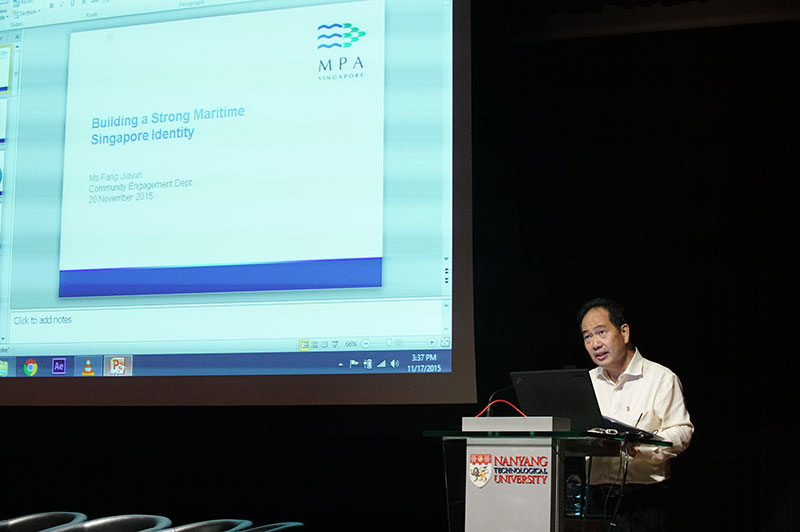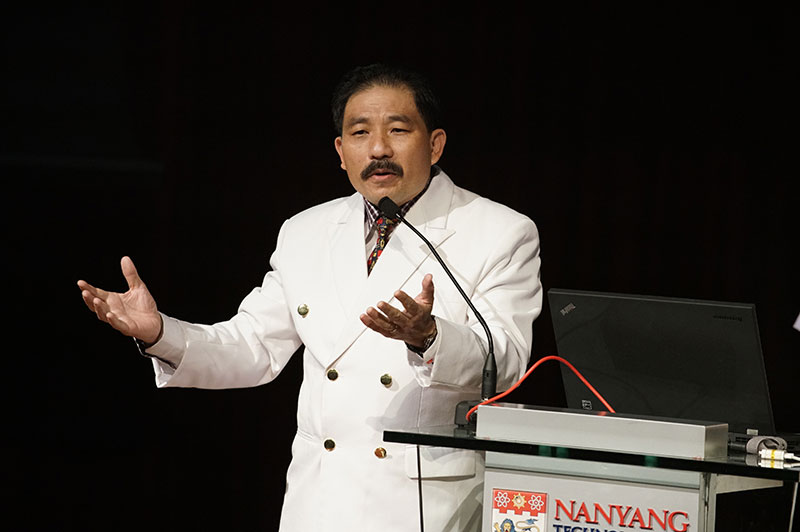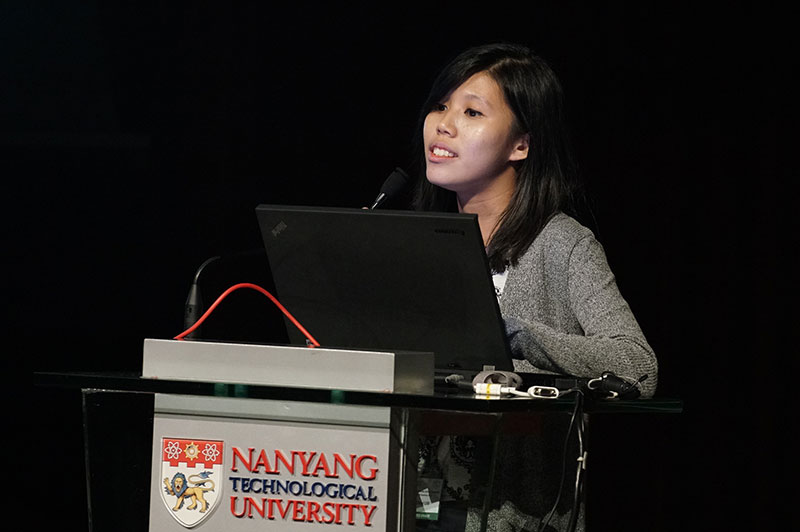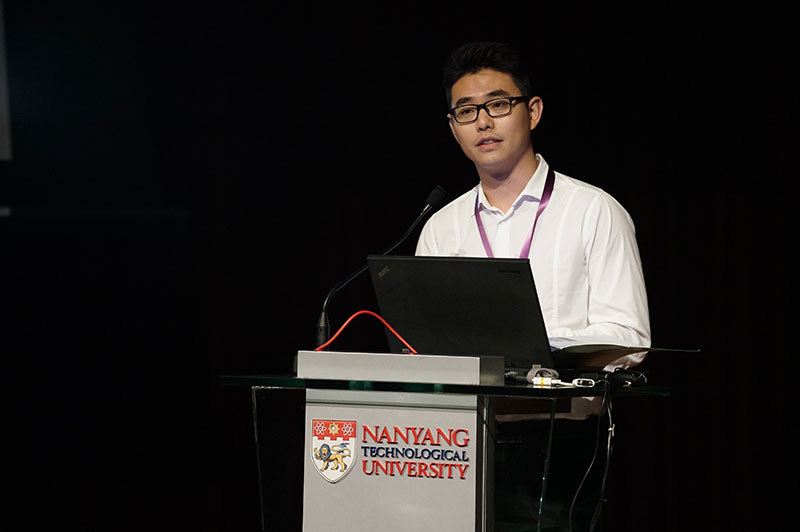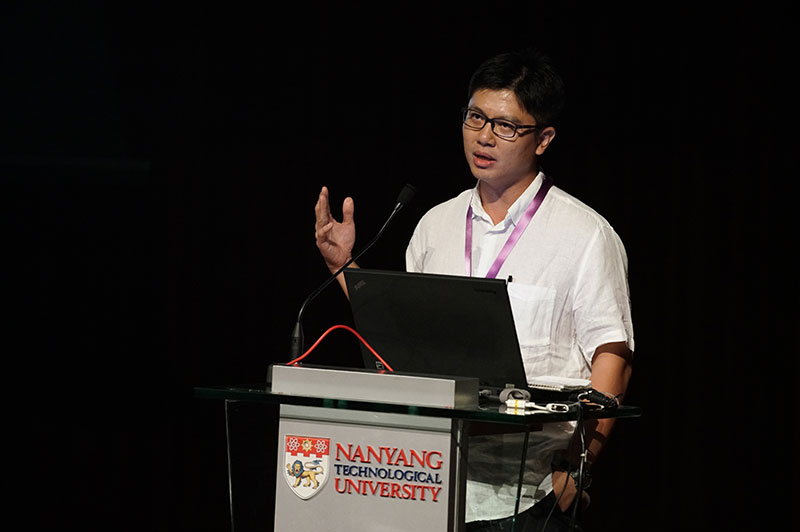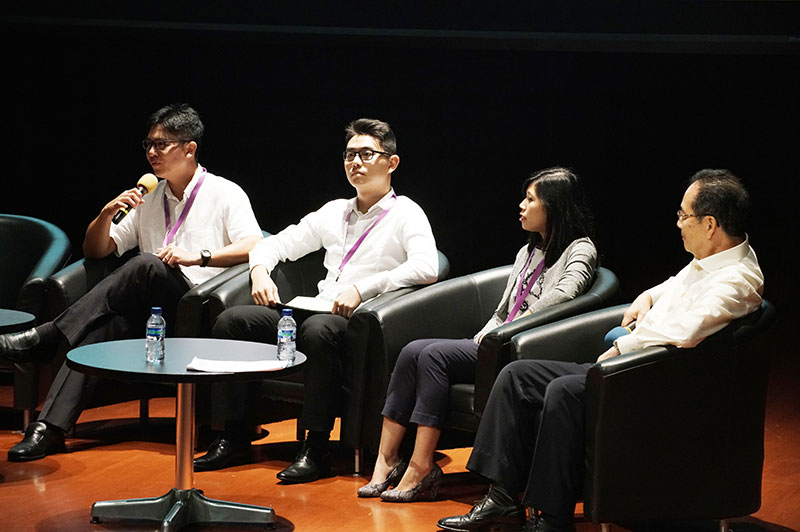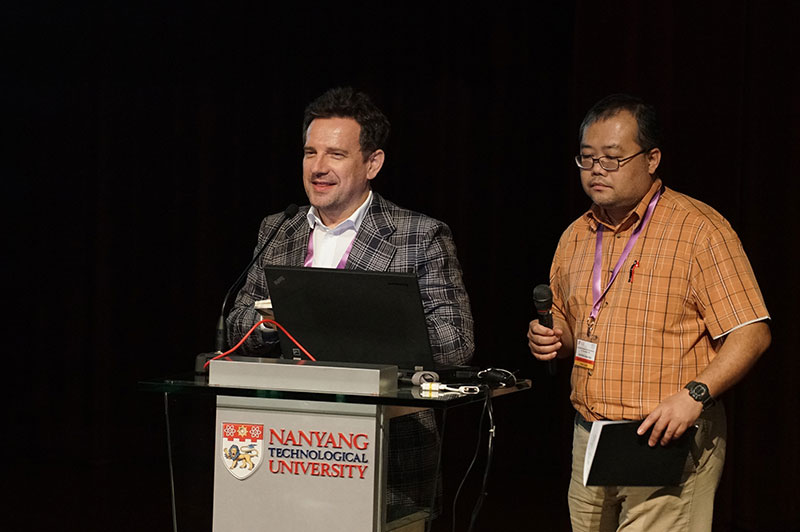On 19 September, Professor Wang Gungwu spoke at our monthly Singapore Platform for East-West Dialogue. He focused on the different conception of law by the East versus the West.
The following is a selection of tweets highlighting the main points he made.
The East and West have interacted for a long time
Prof. Wang: The East and West has always been in dialogue one way or another. The first one started with trade. #SGEastWest #NTUParaLimes
— NTU Para Limes (@NTUParaLimes) September 19, 2017
Prof. Wang: Why do we still need dialogue? There’re fundamental differences on both sides despite the world getting smaller. #SGEastWrst
— NTU Para Limes (@NTUParaLimes) September 19, 2017
Implications of “Rule of Law”
Prof. Wang: Rule of law then is about political power. The ruler use their power to determine the law to stay in power. #SGEastWest
— NTU Para Limes (@NTUParaLimes) September 19, 2017
Prof. Wang: What we are talking about when we talk about “rule of law” really came out of the West. #SGEastWest
— NTU Para Limes (@NTUParaLimes) September 19, 2017
The relationship between the ruler and the ruled in China
Prof. Wang: To the Chinese, all the known world is under one ruler, 天子, the Son of Heaven. Hence, it’s v. diff frm the West. #SGEastWest
— NTU Para Limes (@NTUParaLimes) September 19, 2017
Prof. Wang: Ancient Chinese idea of law is related to harsh punishment. In a way, that’s how it began in the West too. #SGEastWest
— NTU Para Limes (@NTUParaLimes) September 19, 2017
Legal history of China: How Confucianism came to hold sway
Prof. Wang: Qin Shi Huang found out that each state had its own set of law. He set out to collect them and standardise them. #SGEastWest
— NTU Para Limes (@NTUParaLimes) September 19, 2017
Prof. Wang: But it was too harsh that people rebelled and the Han Dynasty toppled the Qin Dynasty. #SGEastWest
— NTU Para Limes (@NTUParaLimes) September 19, 2017
Prof. Wang: The Han emperors sought to soften the laws of the legalists. Eventually, Han Wu Di brought in the Confucians.#SGEastWest
— NTU Para Limes (@NTUParaLimes) September 19, 2017
Prof. Wang: Mencius to Han Wudi, Heaven’s Will is expressed through the people. #SGEastWest
— NTU Para Limes (@NTUParaLimes) September 19, 2017
Confucian conception of the law
Prof. Wang: The Confucians believe that the r/s within the family unit’s the most natural one. There’s a mix of love& authority. #SGEastWest
— NTU Para Limes (@NTUParaLimes) September 19, 2017
Prof. Wang: The law is the last resort. Sort it out among yourselves within the family unit. This has been the idea for 2000 yrs #SGEastWest
— NTU Para Limes (@NTUParaLimes) September 19, 2017
The main nub of the legal disagreement between East and West
Prof. Wang: The main conflict between East and West, is that the West insisted on the Chinese abiding by their law. #SGEastWest
— NTU Para Limes (@NTUParaLimes) September 19, 2017
Prof. Wang: The main conflict between the Chinese & Brits is the extraterritoriality clauses in the Nanjing Treaty. #SGEastWest
— NTU Para Limes (@NTUParaLimes) September 19, 2017
Prof. Wang: The Chinese never had a tradition of the law beyond the ruler. Hence, “Rule of Law” is puzzling to them. #SGEastWest
— NTU Para Limes (@NTUParaLimes) September 19, 2017
Prof. Wang: The main sticking point for the West is that how the Chinese law can be left unchecked by the people. #SGEastWest
— NTU Para Limes (@NTUParaLimes) September 19, 2017
China’s puzzlement over the implementation of international law
Prof. Wang: On the int’l stage, the Chinese don’t agree to the Western idea of how the law controls the ruler. #SGEastWest
— NTU Para Limes (@NTUParaLimes) September 19, 2017
Prof. Wang: The Chinese argues that how can laws control several rulers, whose lands have vastly different laws? #SGEastWest
— NTU Para Limes (@NTUParaLimes) September 19, 2017
Prof. Wang: After all, these international laws were developed by the European powers and applied to them for a long time. #SGEastWest
— NTU Para Limes (@NTUParaLimes) September 19, 2017
Prof. Wang: International laws were only applied to everyone else after the colonies became independent. #SGEastWest
— NTU Para Limes (@NTUParaLimes) September 19, 2017
Prof. Wang: As such this is new to China. To them these things are imposed after WWII. They don’t have long tradition. #SGEastWest
— NTU Para Limes (@NTUParaLimes) September 19, 2017
China’s suspicions of Western motives
Prof. Wang: The West is using international law to make China change to be like them. The Chinese resents that. #SGEastWest
— NTU Para Limes (@NTUParaLimes) September 19, 2017
Prof. Wang: The Chinese sees this as remnants of the Cold War dynamic; Capitalism trying to defeat Communism #SGEastWest
— NTU Para Limes (@NTUParaLimes) September 19, 2017
Prof. Wang: The Americans are using the same tactics they used to control the economy of the USSR on China. But it doesn’t work #SGEastWest
— NTU Para Limes (@NTUParaLimes) September 19, 2017
Prof. Wang: So the Americans start characterising China as a rogue nation, not following the Rule of Law. #SGEastWest
— NTU Para Limes (@NTUParaLimes) September 19, 2017
Prof. Wang answering a question about the balance of power
Prof. Wang: If Japan & India can grow can become more confident & not beholden to USA, China is happy with a multi-polar world #SGEastWest
— NTU Para Limes (@NTUParaLimes) September 19, 2017
An interesting fact
Prof. Wang: China has not gone against int’l law. In fact, the USA throws her weight around more often in the UN #SGEastWest
— NTU Para Limes (@NTUParaLimes) September 19, 2017
Prof. Wang: But what China is against is a law that favours one nation more than the others. #SGEastWest
— NTU Para Limes (@NTUParaLimes) September 19, 2017
East versus West on individualism
Prof. Wang: Given that China is so large and with layers upon layers of hierarchical r/s, individualism smacks of selfishness. #SGEastWest
— NTU Para Limes (@NTUParaLimes) September 19, 2017
Prof. Wang: But individualism to the West is about every individual having some rights. #SGEastWest
— NTU Para Limes (@NTUParaLimes) September 19, 2017
The South China Sea issue
Prof. Wang: The issue with the South China Sea is more about freedom of navigation, than law. #SGEastWest
— NTU Para Limes (@NTUParaLimes) September 19, 2017
Prof. Wang: America believes they can park their aircraft carrier 12 miles off the coast, but China sees it as a hostile act. #SGEastWest
— NTU Para Limes (@NTUParaLimes) September 19, 2017
Prof. Wang: The real issue with the South China Sea is a political one. The US wants to easily protect Taiwan. #SGEastWest
— NTU Para Limes (@NTUParaLimes) September 19, 2017
China’s priorities
Prof. Wang: Deng Xiaoping is different from Mao Zedong as the former puts the economy 1st. That saved China while USSR failed #SGEastWest
— NTU Para Limes (@NTUParaLimes) September 19, 2017
Prof. Wang: China is obssessed about unification because every time they were disunited and weak, they were invaded. #SGEastWest
— NTU Para Limes (@NTUParaLimes) September 19, 2017
Prof. Wang: Hence most of their inter-country r/s are economic ones. There’s no evidence of China imposing communism on others #SGEastWest
— NTU Para Limes (@NTUParaLimes) September 19, 2017



